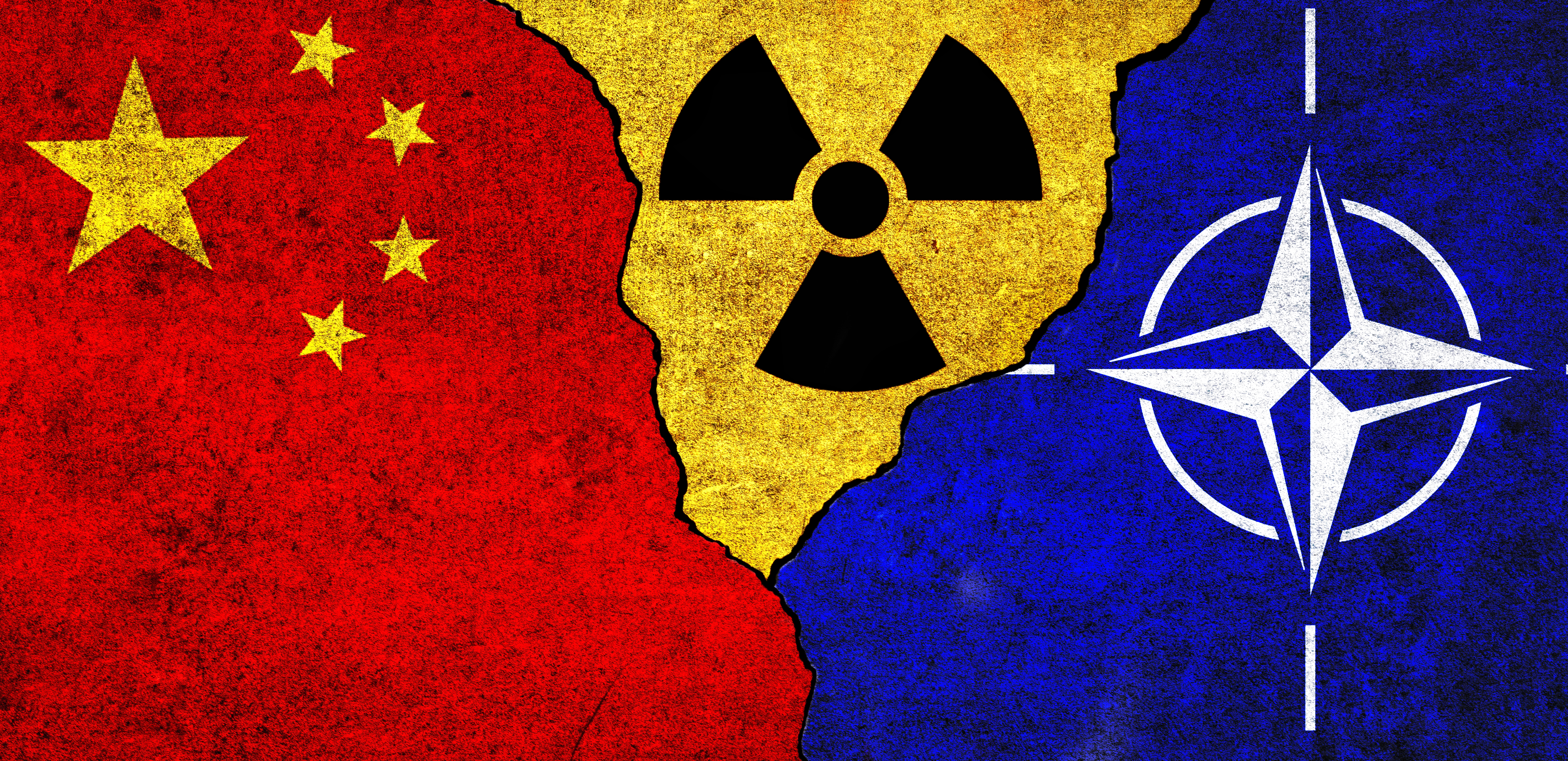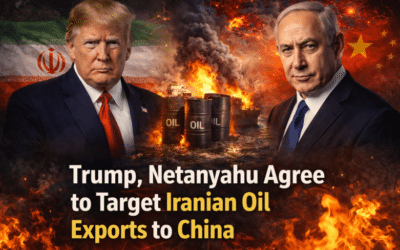President Vladimir Putin accused NATO of creating major security threats for Russia in Asia on Thursday, Reuters reported. This comes amid Washington’s escalating buildup for war with China, which has seen increased involvement by the North Atlantic alliance, as well as mounting tensions on the Korean Peninsula. Moscow maintains a “no limits” partnership with Beijing and inked a mutual assistance pact with Pyongyang this week.
During a subsequent visit to Vietnam, Putin told a press conference that Moscow “[sees] what is happening in Asia: a bloc system is being put together.” He continued, “NATO is already ‘moving’ there (to Asia) as if to a permanent place of residence. This, of course, creates a threat to all countries in the region, including the Russian Federation. We are obliged to respond to this and will do it.”
Additionally, the Kremlin leader threatened Seoul with retaliation following reports that South Korea is considering arming Kiev for its war with Russia, in which it serves as a NATO proxy. The comments from a senior South Korean presidential official followed the announcement that Pyongyang and Moscow had inked a mutual defense pact during Putin’s visit to the DPRK this week. Seoul has joined the US-led sanctions blitz against Russia and provided humanitarian aid to Ukraine, but has so far been reluctant to furnish Kiev with military hardware.
Putin assured reporters that South Korea “has nothing to worry about because our military assistance under the treaty we signed [with North Korea] only arises if aggression is carried out against one of the signatories. As far as I know, the Republic of Korea is not planning aggression against the DPRK.”
Regarding the South Korean threat to arm Ukraine, the Russian leader said “that would be a very big mistake.” He emphasized, “I hope that this will not happen. And if it does happen, then we will also take appropriate decisions, which are unlikely to please the current leadership of South Korea.”
NATO, the Washington-led military bloc, set its sights on China four years ago after identifying it as a military threat to Europe. Under the Joe Biden administration, the alliance has expanded into the region and repeatedly provoked China in the South China Sea as well as the sensitive Taiwan Strait. NATO’s enlargement up to Russia’s borders over the decades, as well as a myriad of other provocations, led to the current Ukraine war. From the beginning of Biden’s term, he declared the alliance would pursue a similar policy in China’s backyard.
During his first congressional address, Biden boasted that he “told President Xi [Jinping] that we will maintain a strong military presence in the Indo-Pacific just as we do with NATO in Europe,” adding it was part of his effort to “win the 21st century.” The White House has constructed and worked to strengthen a series of alliances throughout the region encircling China. Washington is intent on growing NATO’s involvement with Japan, South Korea, Australia and New Zealand as part of its anti-Beijing strategy. NATO Secretary-General Jens Stoltenberg cited China this month as a reason the bloc is considering an “adaptation” of its nuclear arsenal.
Ancillary to Washington’s “pivot to Asia” – the largest military buildup since the Second World War targeting China – the White House has escalated its war footing with North Korea by abandoning diplomacy and threatening Pyongyang with obliteration. After Biden took office, the US launched scores of war games which sent tensions soaring on the Korean Peninsula. The exercises have seen Washington deploy nuclear-capable bombers, aircraft carriers, and armed Reaper drones. Two US B-1 strategic bombers dropped live munitions on the Korean Peninsula in a show of force this month, and last year a US nuclear-armed submarine docked in South Korea for the first time since 1981.
Further underscoring Putin’s remarks about a regional “bloc system,” the US, South Korea, and Japan formed a trilateral military pact in 2022 – eyeing both North Korea and China – which Pyongyang perceives as an “Asian version of NATO.” The three countries have carried out several rounds of war games aimed at the DPRK, while Tokyo has vowed to double its military budget over five years in anticipation of a war with China.
This article was originally featured at Antiwar.com and is republished with permission.

































